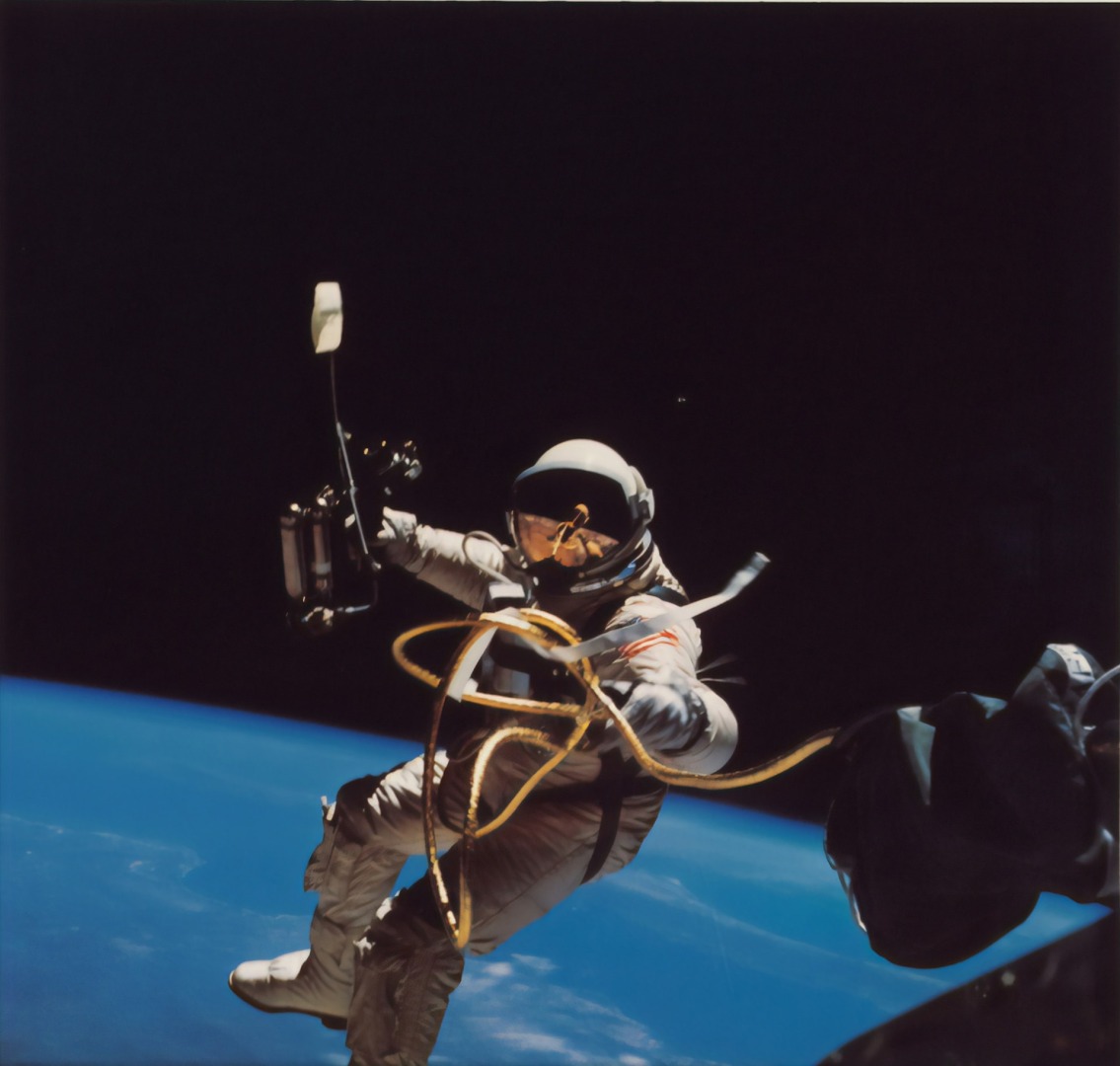Comments
- No comments found

How does research on astronauts improve medical facilities on Earth?
The answer might surprise you — many standard practises and inventions are a result of exploration into the cosmos. The extensive impacts of space health care positively impact everyone on the planet.
It focuses on monitoring, diagnosing and treating astronauts. They go through a lot in orbit and often deal with permanent physical conditions after returning to Earth. Researchers across the world work to make the trips easier on their bodies. Though the point is mainly to help them, the work usually results in valuable inventions.
Travelling to outer space is like walking around Antarctica without a coat on — people simply aren’t built to handle it. However, humans decided to push on instead of saying it’s too dangerous for exploration. Their determination and drive led to the creation of space health care.
What happens to the human body in space? It has adapted to Earth’s gravity, temperatures and atmosphere, so leaving all that behind isn’t ideal. Astronauts can feel significant effects even with advanced ships and suits. As a result, they often need special care.
Space’s environment is extreme. While people are usually fine floating up there for short periods, they still experience side effects. For example, they might get radiation poisoning from the lack of atmospheric protection or experience shifts in their bodily fluids from living in zero gravity. While the effects can disappear once they’re back on Earth, some are permanent.
You’d be surprised over how many standard medical devices result from health care for astronauts. Scientists and researchers needed a way to protect and keep them healthy, so they created all sorts of helpful gadgets.
Many astronauts who spend long durations in space experience rapid ageing. For instance, the low-gravity environment affects their cardiovascular systems, hardening their arteries. Researchers genetically tested mice to prevent these issues and found their work may help people on Earth with neuromuscular diseases.
Even in 2023, people are creating new technologies for space exploration that can help those back on the ground. For example, a Connected Care Capsule is a modular clinic combining various modern technological solutions to address urgent medical needs in space and on Earth. It’s basically a mobile hospital.
Multiple programmes have also improved existing medical devices. For instance, NASA advanced modern prosthetics by using their robots' motors in artificial legs. It improved the traditional prosthetic limb — a huge deal for everyone on Earth.
Space has resulted in all sorts of fantastic inventions. Everything from surgical robots to medical wearables has come from exploring it. Although people can’t exactly speed up evolution by millions of years to adapt to its extreme conditions, they can get close with the help of science and technology.
The technology astronauts use can help with health care back on Earth. While direct research into health usually benefits everyone, space exploration itself provides benefits. For instance, satellites can help people in remote areas access telehealth services. They keep people connected to their providers, which is crucial in a post-pandemic world.
While space health care usually focuses on improving astronauts’ conditions during exploration, it has extensive applications. For example, the European Space Agency’s 2019 Nano-Antioxidants study found a new way to treat tissue stress from zero gravity. While the original purpose was specific, the project had a broad impact.
The antioxidant it used worked better than any other type, potentially providing a new way to treat people with muscle mass loss. On top of the immediate benefits it can provide, it can also inform future research.
A lot of the time, researchers improve health care because conquering the final frontier requires them to do so. They often have to fix an incredibly unique issue, but that result often leads to significant medical advancements.
Although the connection may not seem obvious initially, space exploration has significantly impacted health care on Earth. It’s transformed surgery, broadened professionals’ understanding of the human body and resulted in new medical technology.
Many projects have figured out how to treat common ailments — for example, shingles. You have a chance of developing it if you’ve ever had chickenpox. Since dormant viruses can sometimes become active in space, NASA decided to find a cure. It found the condition’s cause using astronauts’ saliva and created a detection kit.
Since tens of thousands of people in England and Wales get the condition yearly, the discovery and invention were crucial. The technology lets people see if they’re positive in less than an hour, leading to fast treatment. Researchers are even using it to break ground with other common viruses.
Most medical inventions hold up in outer space, which is why they work so well on Earth. Astronauts must be able to use them in extreme conditions. Take the modern insulin pump, for example — NASA created the original model in the 1970s so people could travel farther. These technologies make health care accessible.
Advances in technology present incredible opportunities for health care in space and on Earth. For instance, artificial intelligence, 3D printing, and augmented reality can enhance research and testing phases, improving diagnosis and treatment.
Plus, space itself may be a key to improvements in the medical field. Its unique environment may give researchers new ways to create life-saving drugs. Every bit of progress in improving an astronaut’s condition gives them new insight into improving medicine for everyone on Earth.
Although the connection may not be obvious, research into health care for astronauts improves everyone’s life. Past studies resulted in improved artificial limbs, disease treatment and virus testing. Who knows what fantastic medical inventions the future of space exploration holds?
Emily Newton is the Editor-in-Chief of Revolutionized. She is a science and technology journalist with over three years covering industry trends and research.
Leave your comments
Post comment as a guest